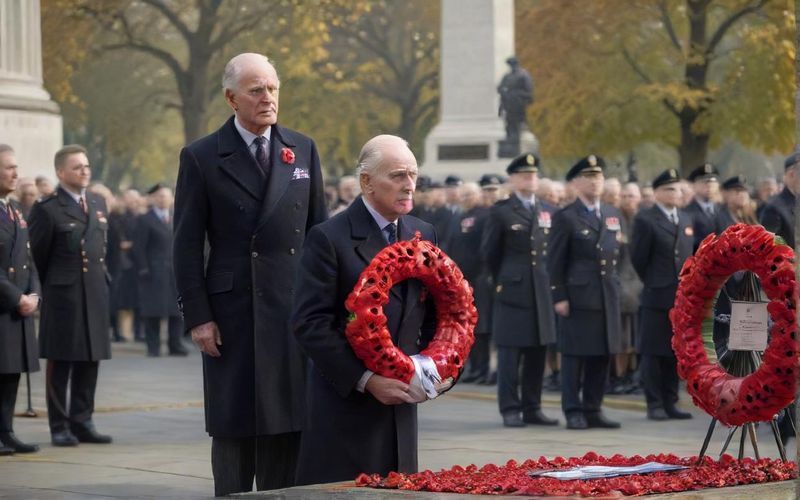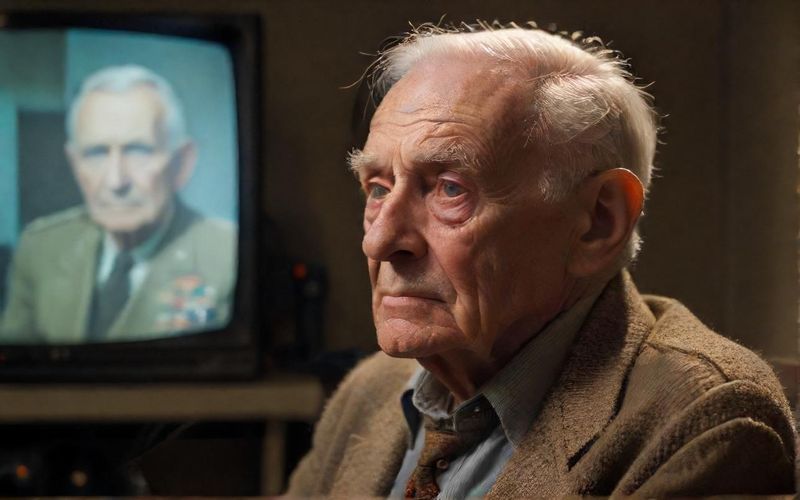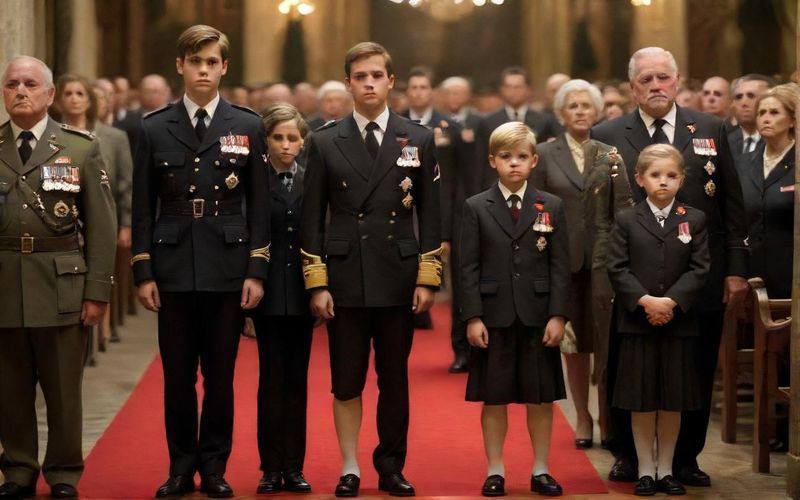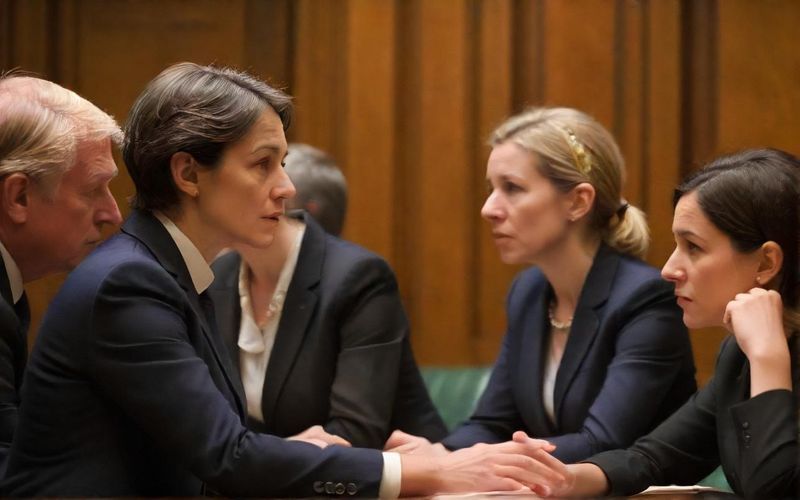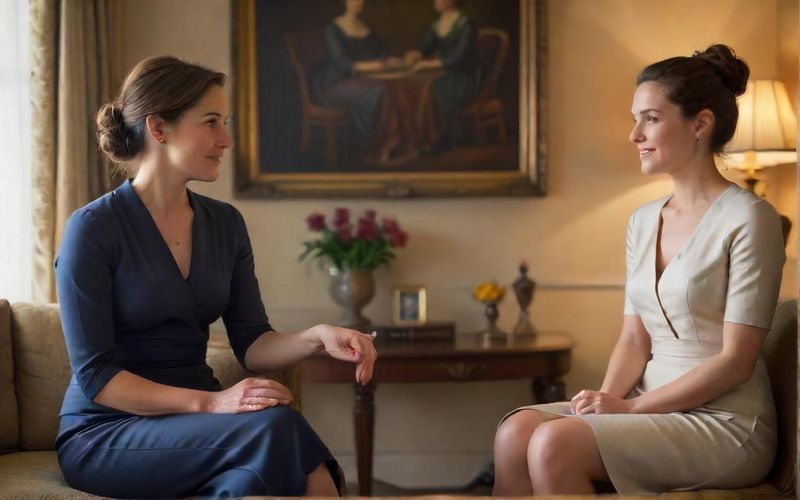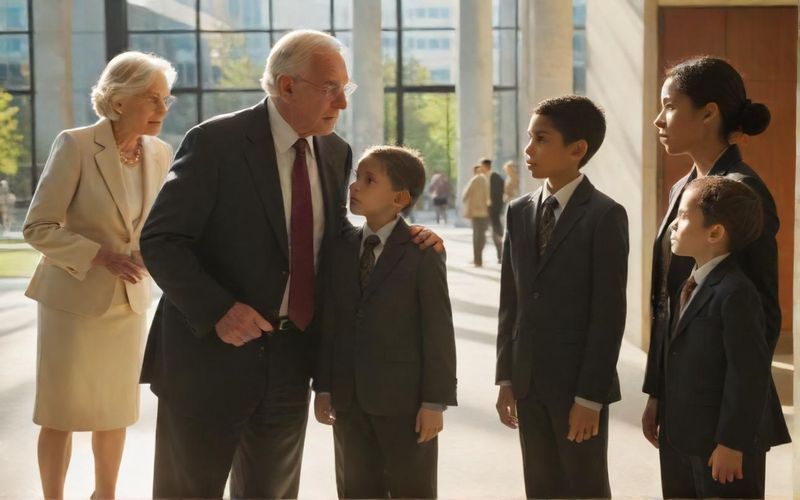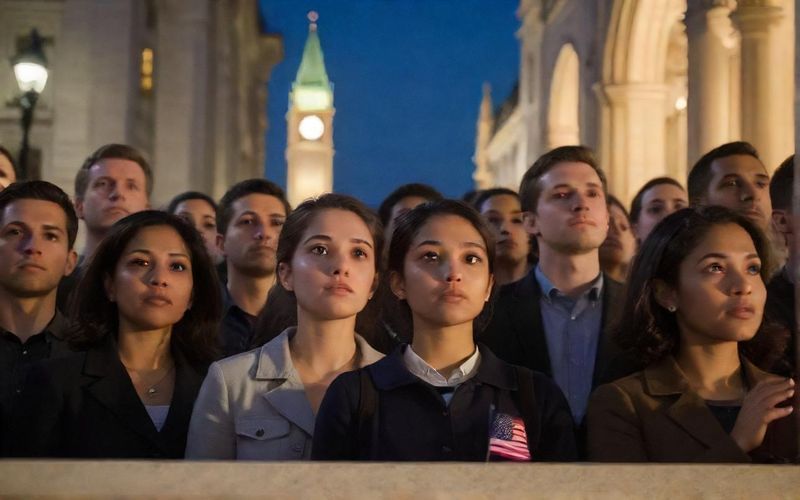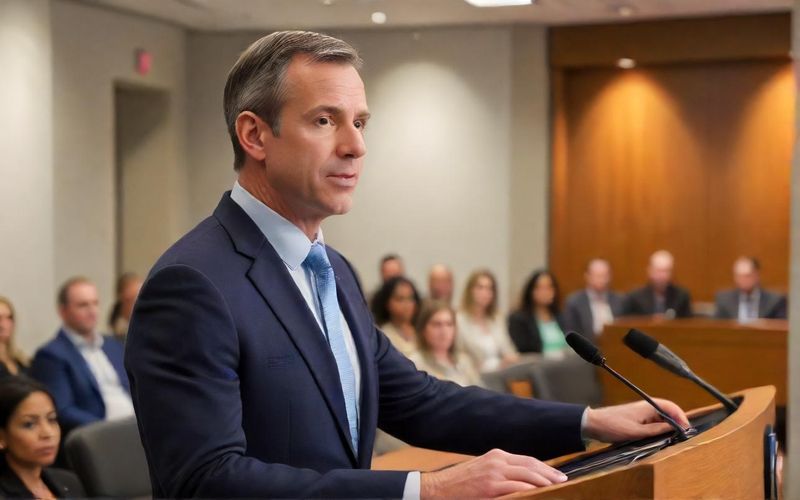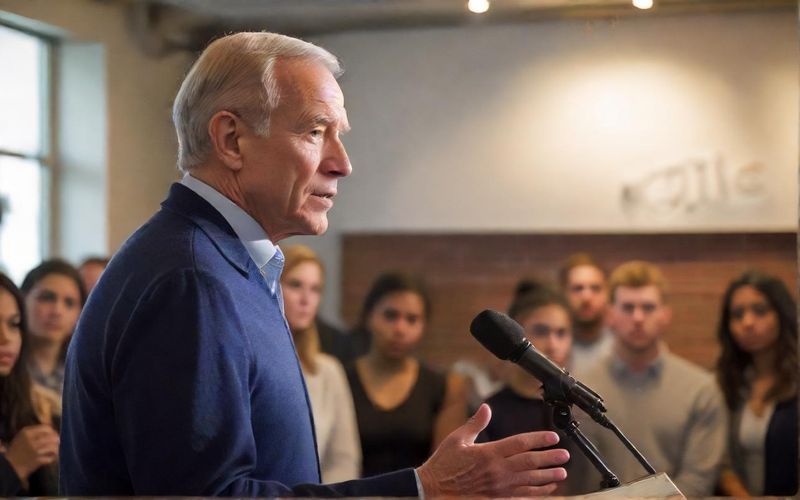Lara Trump Trolls Media With '2028' Hat
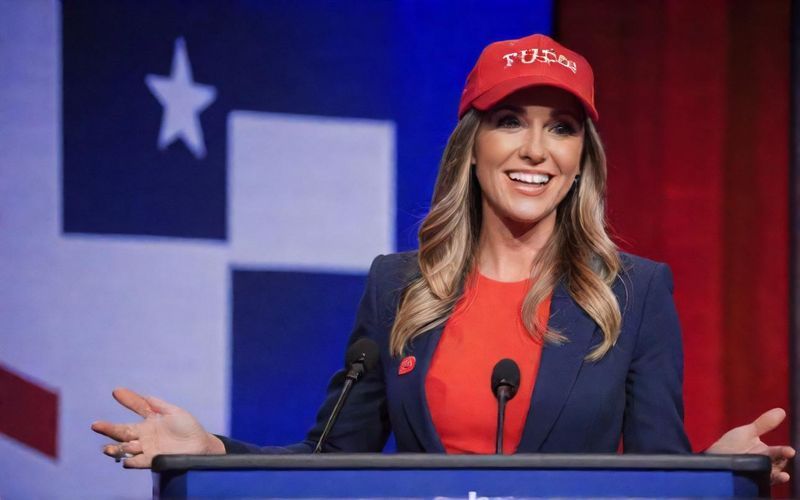
The presence of Donald Trump himself, via a live phone call orchestrated by his son, Eric, underscored the gravity and indeed, the spectacle of these events. Hearing the former president’s voice boom through the arena, expressing his love for the crowd and his admiration for Charlie and Erika Kirk, was more than just a campaign stop; it was a performance designed to resonate deeply with those who feel a profound connection to his movement. His words, "We love Charlie, he’s looking down on us right now," and his acknowledgment of Erika Kirk’s commitment to carrying on her husband’s mission, aimed to forge an emotional bridge between the past and the present, the fallen leader and the active participants.
What's particularly interesting, and frankly, a testament to the evolving tactics of political messaging, is how the "Trump 2028" hat surfaced. Eric and Lara Trump openly admitted it was a calculated prank, a deliberate ploy to provoke a reaction from the media. The ease with which they described manipulating news cycles and "trolling the media" speaks volumes about the current media landscape and the perception of its players. It’s a bold strategy, and while it might alienate some, it undoubtedly energizes a segment of the base that feels the media is fundamentally biased. Lara Trump's assertion that her father is in the White House because "God wanted him to be in the White House to save this country and save the world" further solidifies this deeply held conviction among supporters, framing their political engagement as divinely ordained.
Beyond the headlines and the political theater, there’s a palpable sense of urgency driving these gatherings. The assassination of Charlie Kirk has undeniably injected a raw, visceral element into the conservative movement, particularly within the student demographic. The speakers, including Senator Tommy Tuberville and commentator Benny Johnson, tapped into this, emphasizing that this is more than just a political debate; it’s framed as a fight for the very soul of the nation. Tuberville’s poignant reflection that "politicians aren't going to help you. It’s going to be your generation that gets this mess straightened out" and his call to action, "We are in a fight, folks, we are in a fight for our lives. I’m going to fight and I want you to fight," is designed to instill a sense of responsibility and empowerment.
The attendees themselves echoed this sentiment. Hearing from a sophomore in biomedical sciences, Harrison Cerniway, that he believes there’s a conservative movement brewing in Gen Z and that events like this are crucial for bringing young people together, offers a glimpse into the generational shift being cultivated. Similarly, Dawn Barcola, an alumna, spoke of being inspired by Kirk’s boldness and how his death has made continuing his legacy even more critical. These aren't just casual observers; they are individuals deeply invested in the ideological direction of the country.
This tour, and the presence of figures like Lara Trump, aren't just about rallying the troops for the next election cycle. They are about solidifying a narrative, fostering a sense of shared purpose, and, perhaps most importantly, demonstrating resilience in the face of adversity. The "America First" agenda, as articulated by Johnson with his focus on family as the ultimate motivation, seeks to connect policy with personal values.
As these events continue to draw crowds, one can't help but wonder about the long-term impact of this strategy. Will the emotional resonance of honoring a fallen leader and the playful subversion of media narratives translate into sustained engagement and a cohesive political force, or will the intensity of the present moment give way to the complexities of governance?
